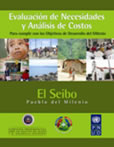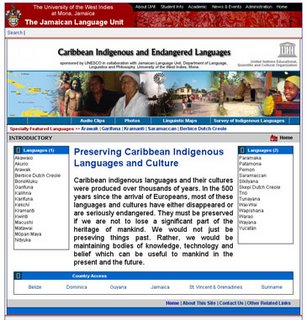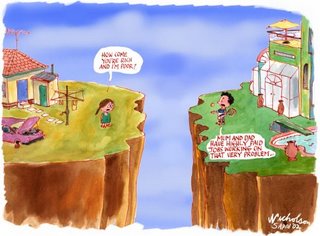Transparency and Public Disclosure: The IMF Article IV Consultations
It was quite a remarkable piece in the Barbados Advocate re the application of the famous IMF Article IV Consultations, see here.
As a matter of fact, the points clearly raised and articulated the irrelevant position of such a framework in terms of procedures and benchmarking when it comes to financial and fiscal discipline as seen by the IMF vis-à-vis small economies, and of course for
It goes without saying that the building blocks behind the Article IV underline the needs for reforms at country levels, and of course as these dynamics are set in motion, there should also be an adequate and comprehensive preparatory process to address at full length matters of transparency and disclosures in the assessments of economic reform programs, the debt questions, and the socio-economic contexts that evolve along those lines.


























